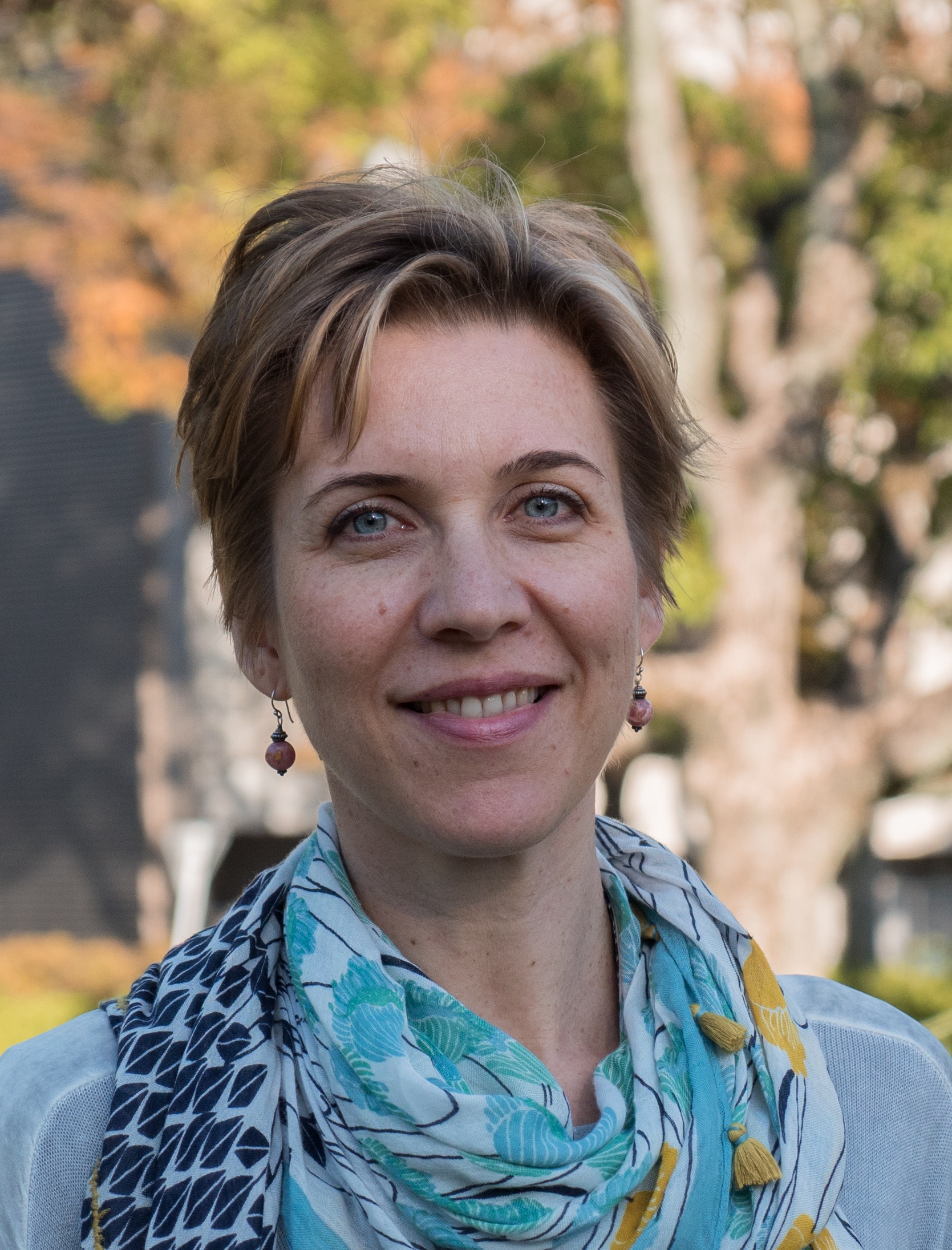Professor at the Graduate School of Humanities at Nagoya University

Statement
My name is Kristina Iwata-Weickgenannt, and I teach Japanese modern literature in the Japan-in-Asia Cultural Studies Program at Nagoya University. My work has focused on geographies of marginality and marginalization in contemporary Japanese literature. Specifically, I have published on Zainichi Korean literature, literary representations of precarity, and cultural responses to the 3/11-“Fukushima” disaster in 2011. My research is informed by the frameworks of gender studies, post-colonial literature studies, and eco-critical approaches to literature. I have been a member of EAJS since the 2005 conference in Vienna—which memorably coincided with Hurricane Katrina—and have not missed a conference since. While I have also attended many other conferences, the EAJS remains a home base where I feel most connected. Since 2021, I have served on the EAJS Council with the aim of giving back after years of being a participant. I have found the experience to be a positive one marked by fruitful exchanges and good cooperation, and an enjoyable atmosphere. I look forward to continuing to contribute to the EAJS community in the future with the same level of enthusiasm.
CV
Professional experience
Nagoya University
- Professor, Graduate School of Humanities (since 2023)
- Associate Professor, Graduate School of Humanities (2013–2023)
German Institute for Japanese Studies, Tokyo
- Deputy Director (2013)
- Senior Research Fellow (2008–2013)
Trier University
- Research Associate/ Project Member, Lecturer, Dept. of Japanese Studies (2003-2008)
Education
PhD, Trier University (Germany)
- Dept. of Japanese Studies, magna cum laude (2007)
Magistra Artium, Free University Berlin & Humboldt University of Berlin (Germany)
- Dept. of East Asian Studies, with Distinction (2000)
Publications
2023 “Voice and Voicelessness: On the Use of Tōhoku Vernaculars in Post-3.11 Literature”, in Linda Flores, Barbara Geilhorn, eds, Literature after Fukushima. From Marginalized Voices to Nuclear Futurity. London: Routledge, 47-65.
2021 “Kusomamire no inochi—kyapitarosen hihan toshite Kimura Yūsuke no Cs Seichi o yomu”, in Kimura Saeko and Anne Bayard-Sakai, eds, Sekai bungaku toshite no ‘shinsaigo bungaku’”. Tokyo: Akashi shoten, 289-310.
2020 “Broken Narratives, Multiple Truths: Writing ‘History’ in Yū Miri’s The End of August.” positions east asia cultures critique, Vol. 28 No.4, 815-840.
2020 “Shi ni kizamu kimuchi—‘zainichi’ shijin no egaku shoku, jendā, sabetsu”, in JunCture (Tokushū kokumin, kokka, shoku), Vol. 11. 58-71.

